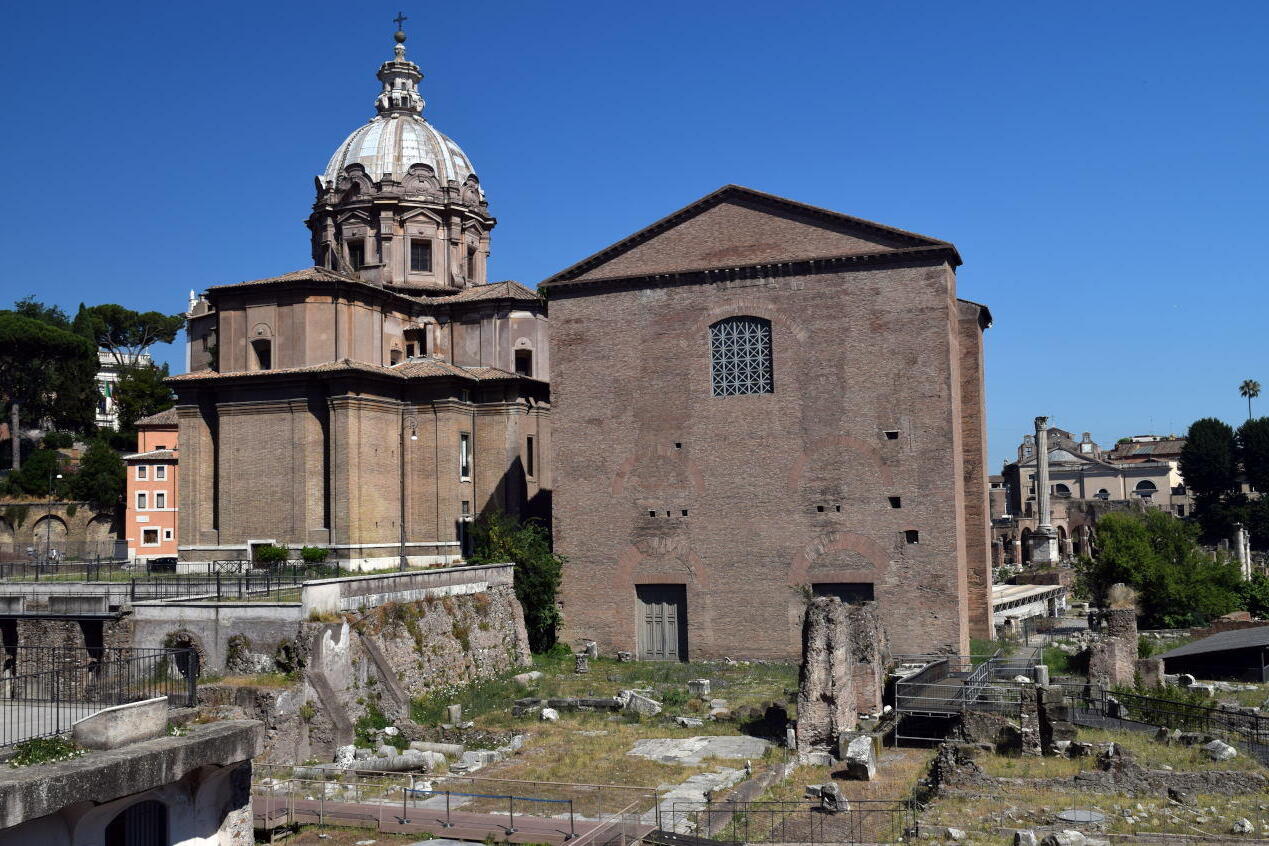
Who was Septimius Severus? Born in 145 AD, Septimius Severus rose from a modest background in Leptis Magna, North Africa, to become a Roman Emperor. His reign, starting in 193 AD, marked the beginning of the Severan dynasty. Known for his military prowess, Severus expanded the empire's borders and strengthened its defenses. He also implemented significant legal reforms, leaving a lasting impact on Roman law. Despite his achievements, his rule was marred by political intrigue and brutal purges. Septimius Severus remains a complex figure in history, embodying both the strengths and flaws of Roman leadership.
Early Life and Rise to Power
Septimius Severus, a name that echoes through the annals of Roman history, was a remarkable figure. His journey from humble beginnings to the pinnacle of power is filled with fascinating details.
- Born on April 11, 145 AD, in Leptis Magna, a prominent city in present-day Libya.
- Severus hailed from a wealthy and influential family of Punic and Roman descent.
- He was well-educated, fluent in Latin and Greek, and had a keen interest in law and philosophy.
- Severus began his political career as a senator under Emperor Marcus Aurelius.
- He married Julia Domna, a woman of Syrian origin, who played a significant role in his reign.
Military Achievements
Severus was not just a politician; he was a formidable military leader. His campaigns expanded and secured the Roman Empire's borders.
- He served as a legate in the Roman army, gaining valuable military experience.
- In 193 AD, Severus was proclaimed emperor by his troops in Pannonia (modern-day Hungary).
- He defeated his rivals, Pescennius Niger and Clodius Albinus, consolidating his power.
- Severus led successful campaigns in the East, including the conquest of the Parthian capital, Ctesiphon.
- He strengthened the northern borders by fortifying the Antonine Wall in Britain.
Reforms and Governance
Severus was a reformer who sought to stabilize and strengthen the Roman Empire through various administrative and legal changes.
- He restructured the Roman army, increasing its size and pay to ensure loyalty.
- Severus implemented judicial reforms, making the legal system more efficient and accessible.
- He promoted meritocracy, appointing capable individuals to key positions regardless of their social status.
- Severus expanded the Roman bureaucracy, creating new administrative positions to improve governance.
- He initiated extensive building projects, including the reconstruction of Rome's infrastructure.
Personal Life and Legacy
Beyond his public persona, Severus had a complex personal life that influenced his reign and legacy.
- Severus had two sons, Caracalla and Geta, who would later become emperors.
- He was known for his devotion to his wife, Julia Domna, who was a powerful political figure.
- Severus was a patron of the arts and literature, supporting intellectuals and artists.
- He practiced religious tolerance, allowing various cults and religions to coexist within the empire.
- Severus died on February 4, 211 AD, in Eboracum (modern-day York, England), while campaigning in Britain.
Impact on the Roman Empire
Severus' reign left a lasting impact on the Roman Empire, shaping its future in significant ways.
- His military reforms strengthened the empire's defenses and ensured its survival for centuries.
- Severus' legal and administrative changes laid the groundwork for future emperors.
- His policies of religious tolerance and cultural patronage enriched Roman society.
- Severus' legacy continued through his sons, although their rivalry led to a turbulent period in Roman history.
The Legacy of Septimius Severus
Septimius Severus left a mark on Roman history. His reign brought stability after years of turmoil. He strengthened the empire's borders and reformed the military. Severus also promoted legal reforms that influenced Roman law for centuries. His architectural contributions, like the Arch of Septimius Severus in Rome, still stand today.
Despite his achievements, Severus faced challenges. His rule saw increased military spending and heavy taxation. These policies strained the empire's finances. His succession plan, favoring his sons Caracalla and Geta, led to conflict and bloodshed after his death.
Severus' legacy is a mix of military prowess, legal reforms, and architectural achievements. His reign set the stage for future emperors, shaping the Roman Empire's trajectory. Understanding his impact helps us appreciate the complexities of Roman history and the lasting influence of its leaders.
Was this page helpful?
Our commitment to delivering trustworthy and engaging content is at the heart of what we do. Each fact on our site is contributed by real users like you, bringing a wealth of diverse insights and information. To ensure the highest standards of accuracy and reliability, our dedicated editors meticulously review each submission. This process guarantees that the facts we share are not only fascinating but also credible. Trust in our commitment to quality and authenticity as you explore and learn with us.


